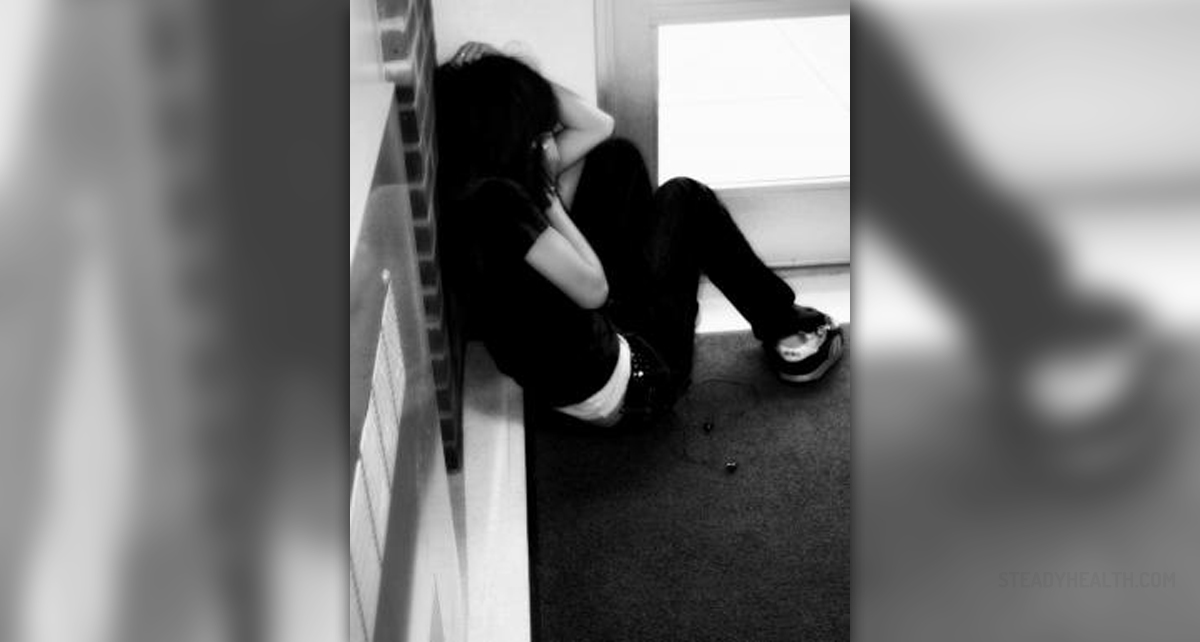
Two Illnesses Are Worse than One
Alcoholism is more present in our overall society than we like to admit. Its effects on one's organism and overall well-being are catastrophic, to say the least. However, as if that is not enough, those who indulge into alcohol excessively tend to develop an additional condition. Namely, alcohol is known to be a depressant, thus contributing to the development of depression in all those who drink heavily. In fact, more than 50% of cases of alcoholism go hand-in-hand with depression. Yet, paradoxically, people often start drinking alcohol so as to fight off the depression. Thus, most of them end up with suffering from two conditions at the same time, making the whole situation more complex, due to the fact that these two interact with each other, and, in such a combination, influence the sufferer significantly.
Alcoholism and Depression Characteristics
Some of the most common signs of alcohol and depression are constant fatigue, accompanied by a feeling of restlessness and lack of both energy and appetite. Additionally, suicidal tendencies can be a clear sign of this combination of conditions as well.
People who are troubled by stress and anxiety tend to turn to alcohol and seek refuge in its calming effect on their organism. Nevertheless, in time, the dosage needed for a positive effect increases, and, gradually, one becomes an alcoholic, with a possibility of being depressed too. This ambivalent condition, further makes one's judgment impaired and jeopardizes his/her life in traffic, or makes one prone to taking his/her own life.
Possible Treatment
It is an absolute must to seek treatment in these situations. Often, alcoholics do not want to admit that they have a problem in the first place, but they need to face the facts and seek professional help in order to treat both their alcohol problems and the developed state of depression. Usually, the patients who decide to undergo the necessary alcohol and depression rehabilitation need to endure the process of detoxification and psychiatric counseling. Alternatively, they might get some antidepressants or other medication prescribed. However, this is not the wisest choice, since addictive people, once the substance of their addiction is absent, tend to switch it for something else and, many times, medications are the case.
Sometimes, alcoholics get treated and are capable of enduring without consuming alcohol. Still, their depression remains and continues to affect their lives. At this point they would need to get treatment for depression as well since any of these illnesses, once left ignored, can cause damage to one's mental and physical health.
















Your thoughts on this
Loading...